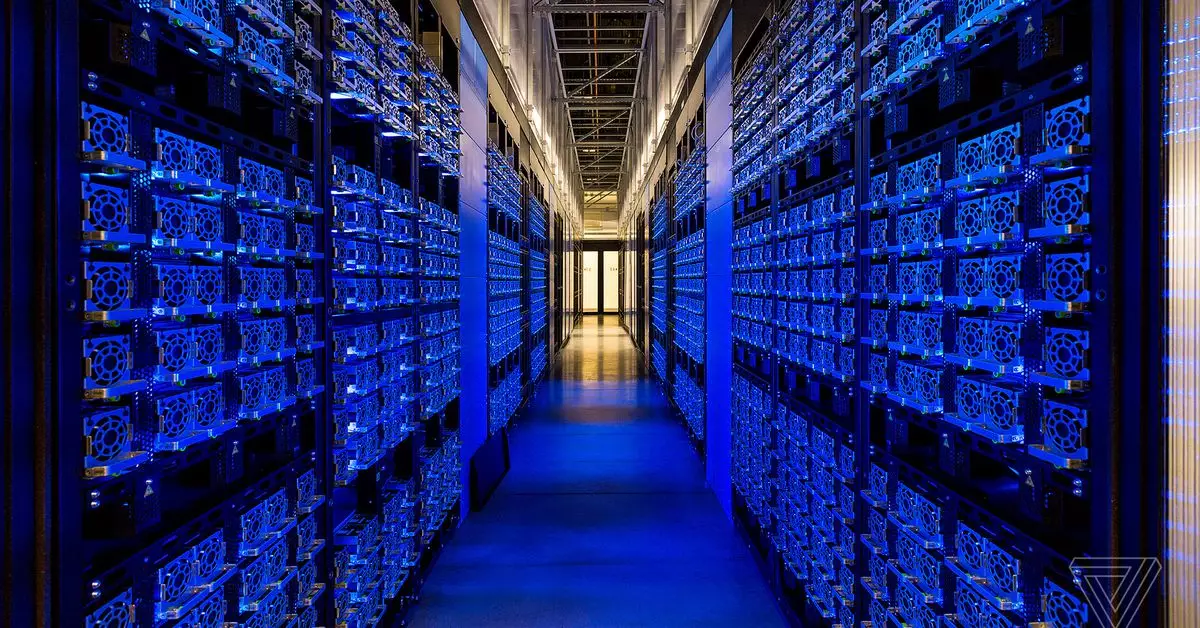In recent years, the rapid advancement of artificial intelligence (AI) technology has sparked discussions about its environmental impact. One of the main concerns raised is the massive amount of energy required to power AI systems, particularly in data centers filled with power-hungry GPUs. This energy consumption raises questions about the sustainability of running AI at scale and its implications for the environment.
Major tech companies like Amazon, Google, and Microsoft have made efforts to address these concerns by setting ambitious goals for sustainable energy usage. However, despite these initiatives, the exponential growth of AI tools has led to these companies surpassing their emissions targets over time. This dilemma highlights the challenge of balancing technological advancement with environmental responsibility.
The intersection of AI technology and climate change presents a complex and multifaceted issue. The reliance on data centers to power AI operations is not unique to AI but extends to various other digital technologies such as social media platforms, video streaming services, and online gaming. This interconnectedness complicates the evaluation of the environmental impact of AI and raises questions about the broader implications of digital consumption.
There are inherent contradictions in assessing the climate impact of AI and related technologies. For example, the energy consumption of AI GPUs is comparable to that of gaming-focused GPUs, blurring the line between leisure and productivity in terms of environmental footprint. This juxtaposition underscores the need for a nuanced framework to evaluate the environmental consequences of different technologies and their usage patterns.
To address the environmental challenges posed by AI and data centers, a comprehensive approach is required. This may involve implementing more efficient hardware designs, optimizing data center operations, and adopting renewable energy sources to power AI systems. Additionally, stakeholders across industries should collaborate to develop sustainable practices that mitigate the negative impact of AI on the environment.
The complexity of the environmental impact of AI necessitates ongoing dialogue and collaboration among experts, policymakers, and industry leaders. By engaging in constructive conversations and sharing insights, we can work towards finding innovative solutions that reconcile the technological advancements of AI with the imperative of environmental sustainability. Let us continue to explore and address the environmental challenges posed by AI for the benefit of present and future generations.


Leave a Reply